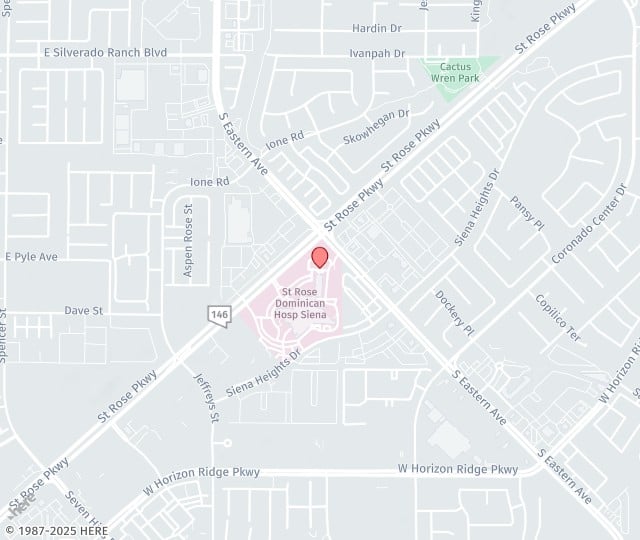HSV 1 (Herpes Simplex Virus type 1) is the cause of cold sores (fever blisters) and is usually acquired in childhood from contact with saliva. It can easily be acquired by sharing a cup, an eating utensil, lip balm, or any cosmetic. Cold sores are common and usually appear in or around the mouth and lips, but they can also occur in the nose. Symptoms can also present as rashes or blisters on the face or body.Many people have never had symptoms and have no idea that they have HSV1. You can be exposed to the virus, be a carrier, and not know it because the virus hides from the immune system in nerve cells. It lies dormant (asleep) for inevitable periods of time, even permanently in certain individuals, and there is no cure.
Some people experience sporadic outbreaks and symptoms from the virus, while others do not. Usually with an outbreak, patients feel a rapid onset of itching, burning, and tingling at the site where the sores or blisters appear. During an outbreak, the virus becomes active within the nerve and travels to the skin where it replicates, causes lesions, sheds, and becomes very contagious by skin-to-skin contact. If you have a sore, try not to touch it and wash your hands often to decrease the chance of spreading it to other areas of your body. Interestingly, the virus can be present on the skin with absolutely no symptoms. So even when no symptoms are apparent, the virus can shed and be passed to another person.
Additional symptoms of HSV1 may include the following: rash, blister, swollen glands, fever, body aches, flu-like symptoms, and headaches.
Reactivation of herpes can occur for various reasons or it can be totally unpredictable. Triggers include sun exposure, fatigue, alcohol or drug use, mental or physical stress, gastric upset, illness, weather, hormones, pregnancy, dental work, certain foods, or any skin irritation. This includes any facial treatment. Skin treatments performed by plastic surgeons, dermatologists, or aestheticians can trigger an outbreak. You can get herpes outbreak from events ranging from having a facial at a spa, to more invasive procedures such as facial surgery, facial injections with Botox or filler materials, chemical peels, dermabrasion, laser resurfacing, or anything that has the potential to irritate the facial skin and simultaneously cause stress.
Special testing is rarely required and the diagnosis is easily made by physical exam. When in doubt, a swab or blood test can confirm the diagnosis.
Patients with a history of cold sores need antiviral medicine before undergoing any facial plastic surgery or dermatologic procedure. Facial procedures should not be performed if an active cold sore is present. Otherwise, the herpes virus can spread and cause a more severe skin infection or bacterial infection, which can rarely cause scarring. If untreated, infections can spread to the eyes and other parts of the body. In severe cases it can spread to the brain and cause encephalitis.
Patients who have eczema, HIV, cancer, or those who are on immunosuppressive drugs like steroids, are more susceptible to more severe and even life-threatening infections of herpes virus.
Treatment for active cold sores or infections involve oral antiviral medication such a acyclovir (Zovirax), valacyclovir (Valtrex), or famciclovir (Famvir). Taking medication reduces the severity of the lesion and helps it resolve faster. It should be started when you first notice the symptoms and taken for 5-7 days.
Patients with a history of cold sores should take “suppressive” antiviral medication starting 1-2 days before any facial treatment and continued for 5-7 days to prevent an outbreak. Topical treatment using acyclovir ointment may be of benefit in facial infections. If severe, IV antiviral medications are used.
So the bottom line is, assume the majority of people are carriers for HSV1, whether or not they have a history of cold sores or any symptoms. If you have a history of cold sores, it is important to inform your plastic surgeon or aesthetician before undergoing any moderately aggressive facial treatment. A short course of antiviral medication can prevent a cold sore or any outbreak of herpes. You can also take oral L-lysine (500-1000gms) as a daily supplement, which may reduce the severity and frequency of oral herpes. Lysine is an amino acid found in foods such as yogurt, fish, and potatoes. You should also cut back on foods containing L-arginine, another amino acid that may promote outbreaks. These foods include chocolate, peas, nuts, and seeds.

